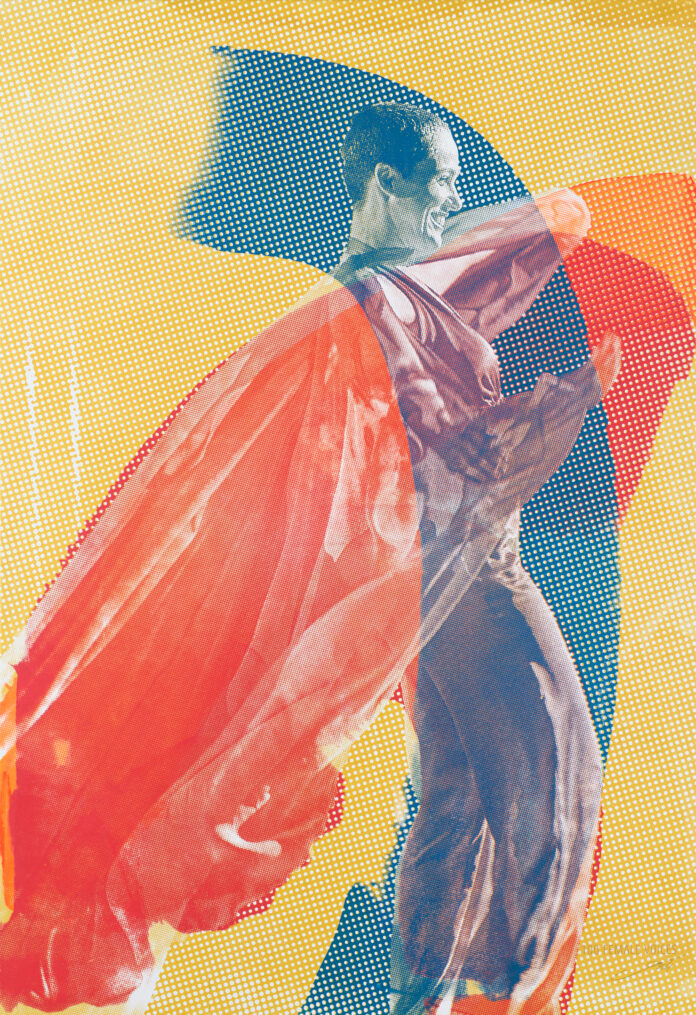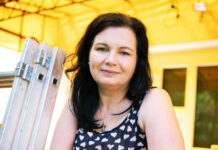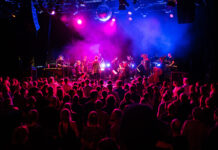
When women raise their voices.
100 strong women who have something to say are the focus of the exhibition “100 Female Voices” in Salzburg’s Kollegienkirche. The artist Martina Stock, who comes from Salzburg and lives in Berlin, has serigraphically processed portraits of 100 important female artists from 100 years of the Salzburg Festival for silkscreen printing and arranged them in such a way that visitors to the exhibition can encounter the portraits “at eye level.” Stock also composed a piece of music for the exhibition space that creates a connection between the featured women artists, their voices and the music.
The connection between language and music also plays an important role in the literature of Elfriede Jelinek. With the “musical flow of voices and counter-voices in novels and dramas that reveal the absurdity and compelling power of social clichés with unique linguistic passion,” the Nobel Prize Committee justified the award of the Nobel Prize for Literature to Elfriede Jelinek. Jelinek, who was also a “poet guest” at the 1998 Salzburg Festival, has always written uncompromisingly against grievances in politics and society. In doing so, her language often creates a musical-rhythmic undertow that further intensifies the radical nature of her literature.
In the exhibition at Salzburg’s Kollegienkirche, the portrait of Elfriede Jelinek edited by Martina Stock is also directly related to the portrait of composer and singer-songwriter Eva Jantschitsch alias Gustav, who is currently working on the film music for the cinema documentary “Elfriede Jelinek. Die Sprache von der Leine lassen.” (Letting Language Off the Leash) by Claudia Müller, which is to be presented at the end of this year.
The exhibition 100 Female Voices traces the long road that female artists have had to travel in order to gain an equal place in the still male-dominated art and culture scene. When the soprano Lotte Lehmann made her debut at the Salzburg Festival in 1928, women in the opera business were almost exclusively assigned the role of “post-creative artists” under the direction of exclusively male conductors and directors. The first performances of works by female composers still had to wait many decades.
Olga Neuwirth was one of these pioneers, whose portrait can also be seen in the exhibition. She has a long friendship with Elfriede Jelinek. Her international breakthrough as a composer came in the 1990s with mini-operas based on texts by Elfriede Jelinek, and it was not until years later that they were first performed at the Salzburg Festival.
Even though the Salzburg Festival has had a very feisty and assertive president in recent years, there has not yet been a female artistic director. It’s about time.
100 Female Voices
21.08. – 12.09.2021
Kollegienkirche Salzburg
www.100femalevoices.com











